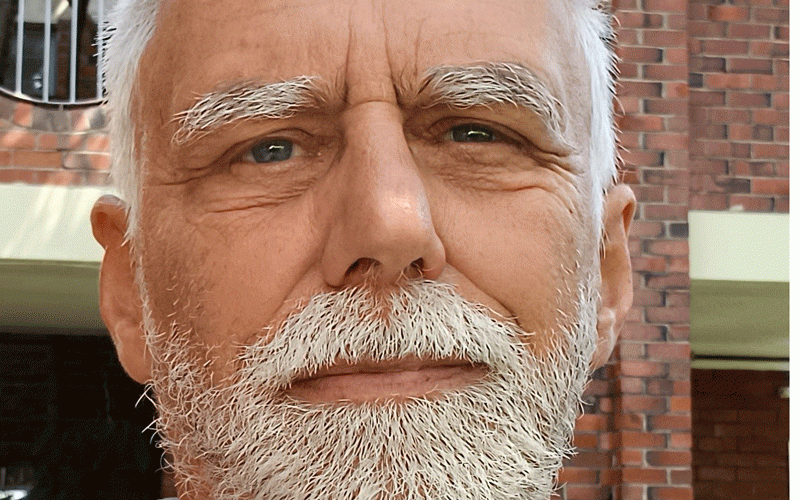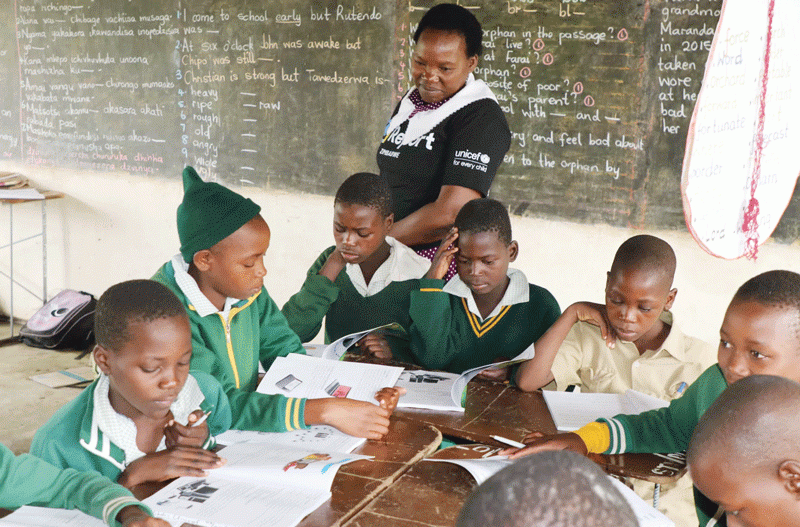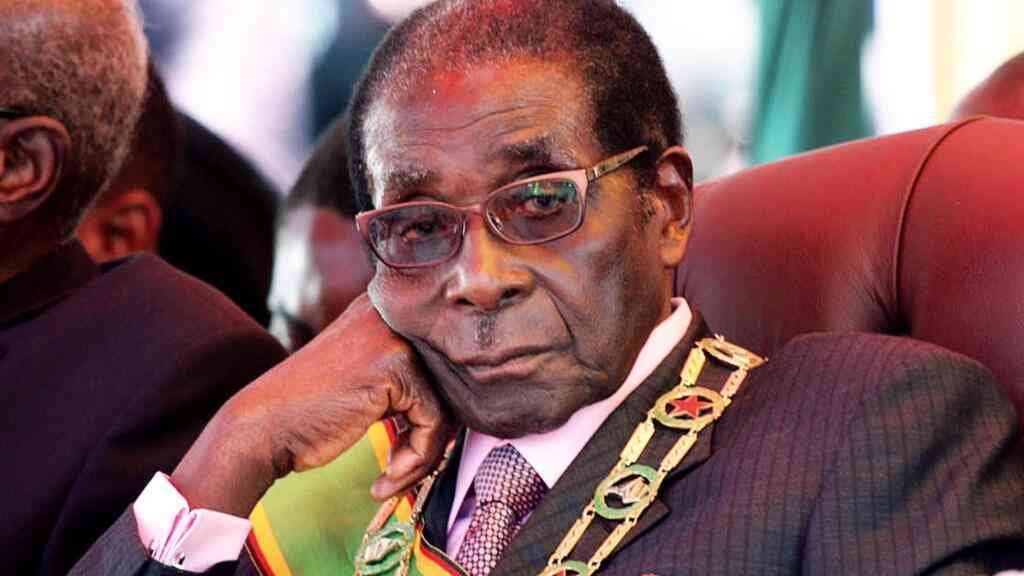
It is interesting to compare the classic film Dead Poets Society to the film we considered in a previous article, Grease. Both were set in schools in America, following teenagers as they searched for their identity; one was set in 1958 and the other in 1959. Both received wide acclaim and both received Oscar nominations. Yet both were very different in their projection and message, especially the nature of peer pressure. It is worth, therefore, our consideration now of the former film.
Dead Poets Society follows a former pupil of an elite private school who returns to his alma mater as a teacher. It is a school with a great history, privilege and success, standing proudly on the four pillars of Tradition, Honour, Discipline, Excellence. Unlike his fellow teachers, though, he encourages his pupils to think for themselves, to think outside the box, to be themselves, to delight in poetry, to develop their own voice, to suck the marrow of life — not to be pressurised into conformity.
School life for children is full of pressure, which comes in all different forms. Most notably and obviously, there is peer pressure, where no-one wants to be the odd one out. Dead Poets Society has a scene where the teacher underlines this: he takes the pupils outside into the quad and tells them to walk around, whereupon the pupils walk round the quad and soon end up walking, marching in time with each other, and all the others clapping along in time, without being told to do so. He then pointed this out to them and asked them to find their own walk — this time the pupils walked in all sorts of different styles (many of them being outrageous, humorous, bizarre). Sometimes youngsters are sucked into simply doing whatever everyone else is doing but they must have their own walk. They must suck the marrow out of life, “to live deliberately” (Thoreau).
The pupils also experience huge parental pressure, with their parents demanding they get the highest results, to go into certain professions, to certain universities, to excel (even if they are not gifted or interested in a certain area). Such pressure is more unforgiving as they have the authority over the child and demand they obey. One pupil ends up committing suicide due to this pressure.
Tradition also plays a huge part in the school but we might note how someone once said, “Tradition is peer pressure from dead people”. Though the world is changing, many people want things to stay the same; pupils are required to succeed to do all that their predecessors achieved, for the school.
The school itself is under pressure to produce results by promoting the school’s great value on results, university places, professions later taken up. They seek to achieve this by discipline – many scenes are used to convey this, including one where pupils are in a boat all rowing in time. The classes are all monotonously the same, with rote learning, revision exercises all employed. Pressure!
By the end, the central character, this inspiring teacher, is also under pressure, from the school Head, to conform to the ways of the school but he refuses and accordingly is dismissed. Throughout, his ‘crime’ has simply been that he has been encouraging (not pressurising) the pupils to follow poetic inspirations, to read, breathe and feel poetry and the experiences of writers of all ages.
Sadly, there are still many schools (and parents) here in Zimbabwe, sixty-five years later, which embody the very system employed at the school in the film, pushing results, plying rites (not rights), pleading tradition. Would we want to send our child to such a school? Seriously? Which teacher would we want our child to have? We must heed the powerful words of the inspirational teacher and seize the day ourselves. If we do not, then it is not simply the poets that are dead. The poet Thoreau “went to the woods because I wished to live deliberately” in fear that when he came to die, he would “discover that I had not lived.” Are we leading our children down that path?
- Pressure points
Keep Reading
And as we reflect on that, we can also be reminded that Christmas is a season with many traditions but at the heart of the Christmas message is the One who did not conform to parental, religious or societal pressures but fulfilled His purpose and mission to enable us to be the individuals that we are meant to be. Pressure, in the form of temptation, will seek to lead us all astray but we need to learn to stand by what is right, no matter the pressure from all corners of our world. No pressure!










